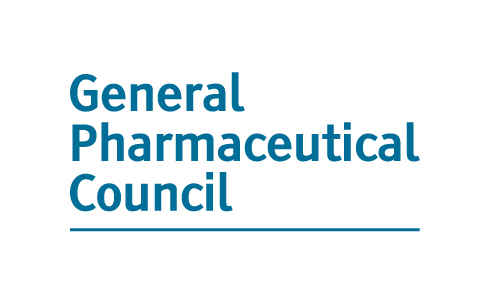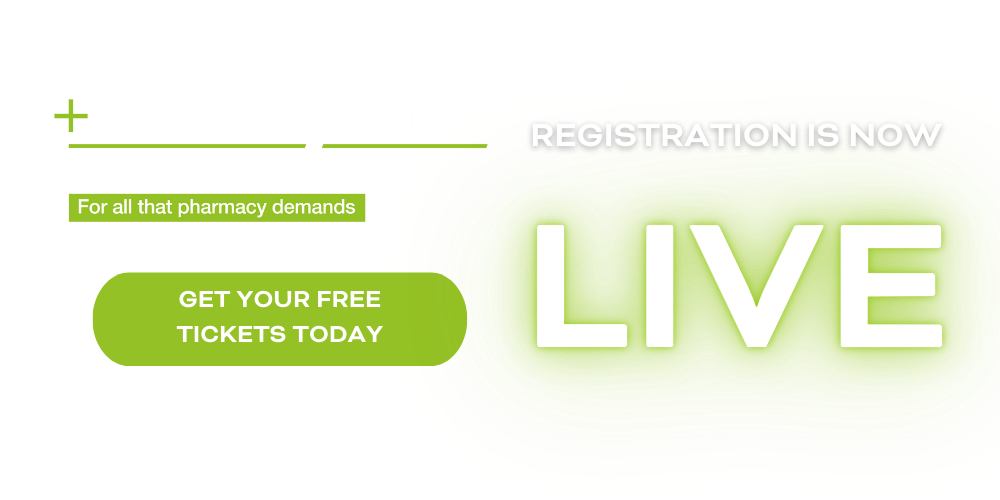Medicines to Ukraine ' A personal reflection on the recent visit to Ukraine by PDA Chairman, Mark Koziol
)
As Secretary General of EPhEU, an umbrella organisation of pharmacists' unions across Europe, PDA Chairman, Mark Koziol, was given the task of setting up a scheme to help Ukrainian hospitals with supplies of medicines, following requests for help from EPhEU members in Ukraine.
Three days after his return, he shares his first report of taking medicines funded by EPhEU's fundraising efforts into the conflict zone:
Hurtling along at nearly 45 miles per hour, our protected convoy of vehicles drove through pine forest roads past mile after mile of large lorries waiting for nearly two days to cross the border into war torn Ukraine. It felt embarrassing to see that the Ukrainian border guards and customs officials knew that we were due to cross that afternoon as we were waved through the normally lengthy process in just 8 minutes.
This project had taken three months to establish, pharmacists and the public across the continent were making donations and the trip had been planned for weeks. An initial test consignment of nearly '200,000 worth of medicines was being delivered to Ukrainian hospitals. Although it had been done with the collaboration of the Polish and Ukrainian authorities, with the temperature at 36 degrees and a security briefing fresh in the mind, the journey was atmospheric and filled with foreboding. We were required to leave our mobile phones and laptops behind due to hostile monitoring of networks. This was the sharp end of the www.medicinestoukraine.comscheme.
Two days earlier, I had been in a neighbouring country at a specialist wholesaler for hospital medicines and equipment, where the order that had been placed by a group of Ukrainian hospitals was being prepared. Since it contained blood products, part of it would travel in a cold chain transportation system, FMD bar codes were being scanned and a forklift truck was preparing to load up. It was decided that not all of the initial '350,000 order would be dispatched in this first delivery; the transportation systems would need to be tested first for safety, security and robustness. The road into this large Ukrainian city was filled with an eclectic mix of people going about their hurried lives and war time duties. Military vehicles, roadblocks, sand bagged doorways, steel antitank constructions and barbed wire were everywhere; as were large patriotic billboards carrying the rallying calls of President Zelenskyy to the population.
Soon after arriving at our destination, at 10 pm the power went out, the curtains were drawn, and the hotel generator gave us flickering light. Our hosts included senior officials and others who were the 'fixers'. Their job was to ensure that our visit went smoothly and that we would give a good account of how our mission had fared upon our return. Our itinerary for the next few days was discussed; this was going to be a very full-on experience.
The toasts that followed dinner were extraordinarily emotional and you could not fail to be moved by the tear-filled expressions of gratitude from the Ukrainians for the help that they were receiving from the free world in their struggle.
Ours though was not a mission about lethal weapons, it was about the delivery of much needed specialist hospital medicines that were badly needed to treat the casualties of war. The regular medicines supply infrastructures in parts of Ukraine and also around 100 hospitals had already been destroyed. With military and civilian casualties getting more numerous each day, they needed all the help they could get. More importantly, our initiative was about establishing a long-term supply programme that would keep the medicines coming for many months to come.
On the next day at the military hospital, we saw many soldiers. We learned that they considered their amputations to be nothing more than an inconvenience; all they wanted to do was to get back to the front lines so that they could repel the invader and allow their children to live in peace and freedom. With high morale and a powerful cause like this, it was clear to me that the aggressor was going to have a hard time. I learned a lot about the triaging system that was used to rescue injured soldiers from the front line; the courage of these soldiers was astonishing.
'
'
Read more of Mark Koziol's report here.
Watch a Ukrainian TV report (subtitled) here.

)
)
)
)
)
)
)

.png/fit-in/500x500/filters:no_upscale())
)
)
)
)
)
)
)
)
)
)
)
)
)
)
)
)
)
)
)
)
)
)
)
)
)
)
)
)
)
)
)
)
)
.png/fit-in/1280x9999/filters:no_upscale())
)
)
)
)
)
)
)
)

